Sufficient intakes of Coenzyme Q10 are increasingly important as we age. Our bodies synthesize less and less Coenzyme Q10 as we progress from middle age to our senior years. One estimate is that the CoQ10 status of an 80-year-old man’s heart muscle cells will be about half of what is normal in a 20-year-old man [Alehagen 2015].
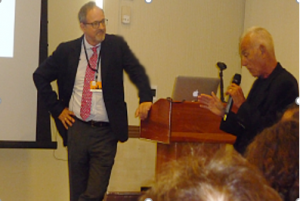
Prof. Guillermo Lopez-Lluch says that older people who have more symptoms of fragility also have lower concentrations of Coenzyme Q10 their blood plasma. The study data show that this relationship is more common in women than in men.
Sub-optimal levels of Coenzyme Q10 are associated with ageing, energy insufficiency, cardiovascular disease, stroke, and neurodegenerative diseases such as Alzheimer’s disease and Parkinson’s disease [Why Humans 2022].
What does Coenzyme Q10 do for us?
- Works as an essential component in the cellular mitochondrial generation of ATP energy
- Works as an important lipid-soluble antioxidant protecting against harmful free radicals
- Works to reduce systemic inflammation
- Works to improve endothelial function
Coenzyme Q10 and Muscle Loss and Fragility – A Vicious Circle At Work
A recently published study has revealed that the low levels of Coenzyme Q10 that are associated with ageing are also associated with sarcopenia [de la Bella-Garzón 2022].
Note: Sarcopenia is the loss of skeletal muscle mass, which leads to increasing fragility in older people.
The lead researcher on the study, Prof. Lopez-Lluch, points out that there is a vicious circle at work in elderly individuals with low Coenzyme Q10 status [Why Humans 2022].
- Lower levels of Coenzyme Q10 are associated with a lower capacity to exercise.
- The resulting lower levels of physical activity mean that the body is less stimulated to synthesize Coenzyme Q10, which is essential for the cellular process of ATP energy generation.
- As a consequence, older individuals lose both physical function and their ability to regain it [Why Humans 2022].
What to Do About Low Coenzyme Q10 and Low Physical Activity?
To change the direction of the downward spiral, Prof. Lopez-Lluch has the following words of advice for individuals above the age of 65 years [Why Humans 2022]:
- increase physical activity – regular exercise is important, and gradually increasing the extent of the exercise is important
- switch to a “Mediterranean diet” with a focus on fruits, vegetables, bread, beans, nuts, and seeds; with olive oil as a primary fat source; with dairy products and eggs in low to moderate amounts; and with more fish and poultry than red meat
- consider taking a CoQ10 supplement in consultation with a medical professional – Prof. Lopez-Lluch warns expressly about the possible damage to the liver that can result from taking an NSAID such as ibuprofen together with Coenzyme Q10
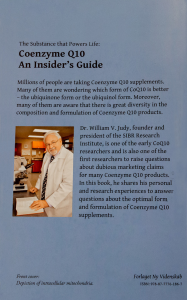
Throughout my career, I have been interested in the effect of CoQ10 therapy on low energy syndromes. In my book Insider’s Guide to Coenzyme Q10, I tell how using Coenzyme Q10 with chronic fatigue syndrome patients resulted in increased exercise time and decreased recovery time.
Potential Benefits of Increased CoQ10 Status
Prof. Lopez-Lluch makes the following points about the potential benefits of improved exercise habits, improved diet, and CoQ10 supplementation [Why Humans 2022]:
- increased plasma CoQ10 levels can improve the health of the blood vessels and prevent damage that is associated with the formation of blood clots
- increased plasma CoQ10 levels can reduce the extent of systemic inflammation
- increased plasma CoQ10 levels can also improve exercise capacity
More Fragility Associated with Low CoQ10 Levels in Women Than in Men
Prof. Lopez-Lluch and his research team found the following relationships [de la Bella-Garzón 2022]:
- High CoQ10 levels were directly associated with lower cardiovascular risk.
- High CoQ10 levels were found in people with higher physical activity and stronger muscle capacity.
- CoQ10 levels had a strong inverse relationship with a sedentary life style and with a frailty index.
- The above correlations were stronger in women than in men.
Conclusion: Documentation of CoQ10 Absorption Important
- Exercise, diet, and CoQ10 supplementation can help to preserve muscle strength as we age.
- Not all CoQ10 supplements are equally well absorbed and equally beneficial.
- It is important to find a CoQ10 supplement with documented absorption and bioavailability.
- Buying an undocumented CoQ10 product could well be a waste of money.
Read our key article about CoQ10 and cardiovascular health in elderly people
Sources
Alehagen U, Aaseth J. Selenium and coenzyme Q10 interrelationship in cardiovascular diseases–A clinician’s point of view. J Trace Elem Med Biol. 2015;31:157-62.
de la Bella-Garzón R, Fernández-Portero C, Alarcón D, Amián JG, López-Lluch G. Levels of Plasma Coenzyme Q10 Are Associated with Physical Capacity and Cardiovascular Risk in the Elderly. Antioxidants (Basel). 2022 Jan 29;11(2):279.
Why human beings become fragile after the age of 65? El Pais. Science and Technology. 2022. Retrieved from https://english.elpais.com/science-tech/2022-03-08/why-human-beings-become-fragile-after-the-age-of-65.html#?prm=copy_link
The information presented in this review article is not intended as medical advice and should not be used as such.
30 March 2022



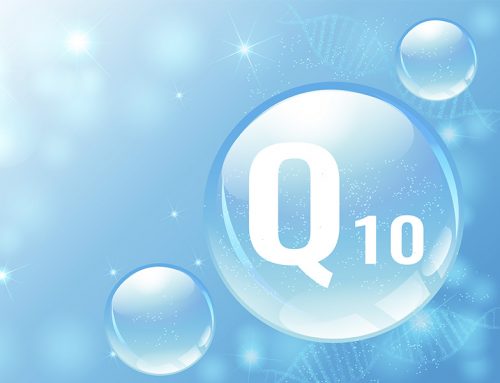
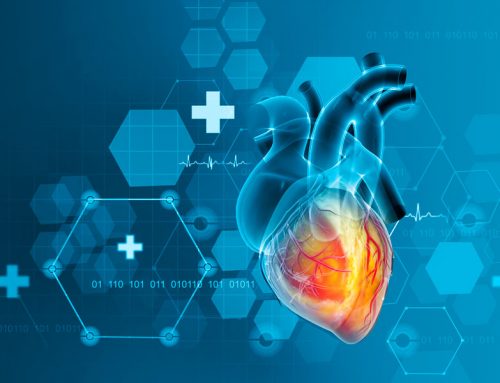

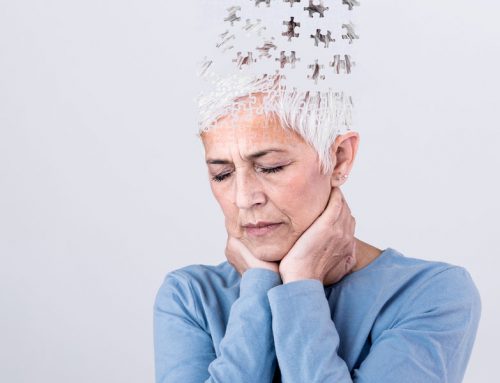

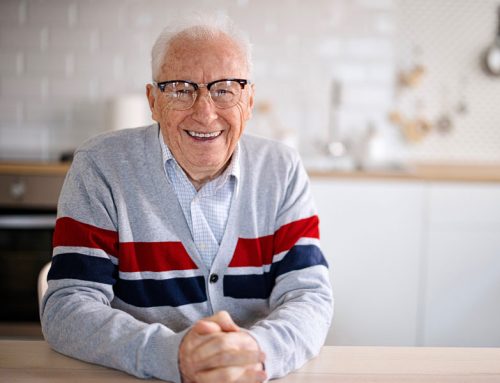
Leave A Comment